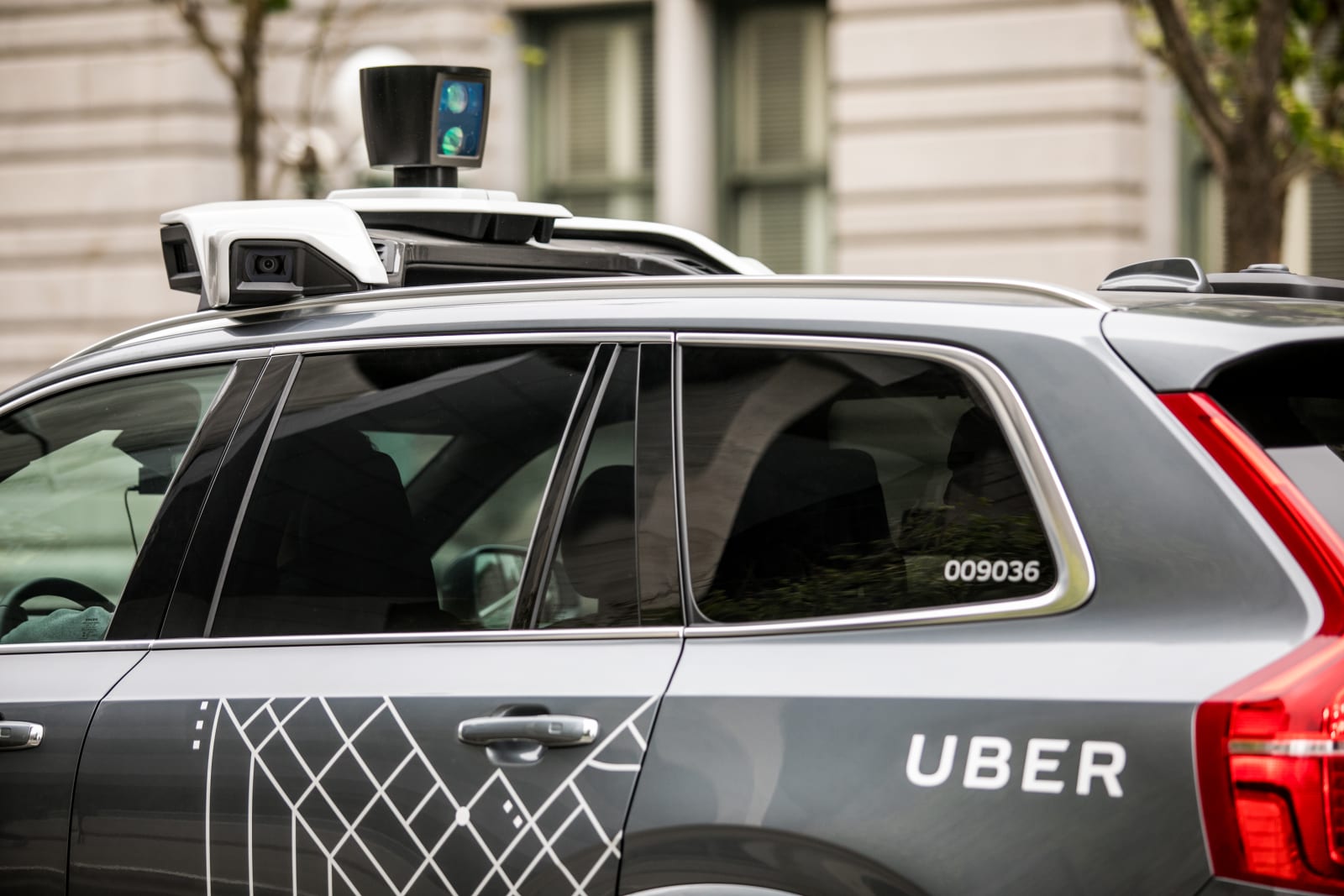
NVIDIA will suspend all of its public road self-driving tests following Uber's fatal accident, a company spokesperson has told Recode. The company supplies chips for Uber's self-driving vehicles and it says that it needs to find out more about last week's crash. "The accident was tragic," a spokesperson said in a statement. "It's a reminder of how difficult [self-driving car] technology is and that it needs to be approached with extreme caution and the best safety technologies."
During his keynote today at NVIDIA's GPU Technology Conference, CEO Jensen Huang said the fatal accident reminded the company how important safety is when it comes to this type of technology. "It's hard," he said. "Safety is the single most important thing. It's really hard technology, it's probably the hardest computing technology we've ever encountered." He added that NVIDIA was dedicating itself to improving safety calling it "the grandest of computer problems." He didn't mention, however, that the company was suspending its self-driving tests.
Uber halted its testing following last week's accident as did Toyota and nuTonomy. Yesterday, Arizona's governor suspended Uber's ability to test its self-driving vehicles on the state's public roads. "Improving public safety has always been the emphasis of Arizona's approach to autonomous vehicle testing, and my expectation is that public safety is also the top priority for all who operate this technology in the state of Arizona," Governor Doug Ducey said in a letter. "The incident that took place on March 18 is an unquestionable failure to comply with this expectation."
Tempe's police chief has said that Uber was likely not at fault in the fatal crash.
Today, NVIDIA announced its Drive Constellation system -- a multi-server setup that will let autonomous vehicle developers test their algorithms through virtual simulations rather than real-life evaluations.
Via: Recode
Read the full article here by Engadget
No comments:
Post a Comment